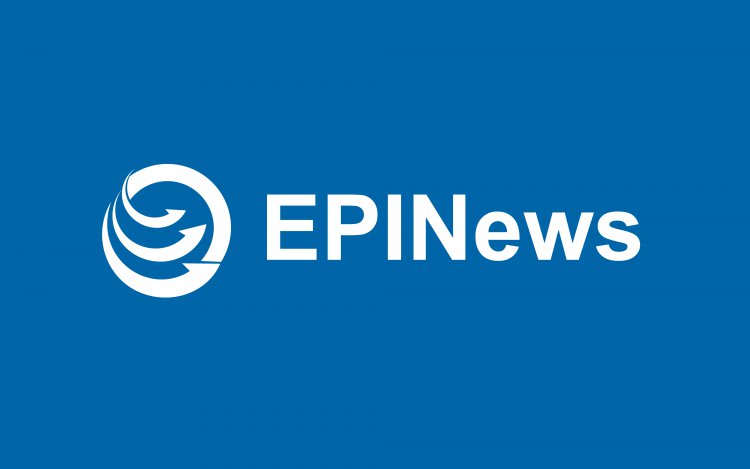
This paper is co-published by the Bergen Centre for Ethics and Priority Setting in Health (BCEPS) at the University of Bergen.
The COVID-19 pandemic exposed critical gaps in the global response to health crises, particularly in the financing of pandemic prevention, preparedness, response, recovery, and reconstruction.
This paper presents a comprehensive framework for pandemic financing that spans the entire pandemic cycle, emphasizing the need for timely, adequate, and effective financial resources. The framework is designed to support policymakers in both low- and middle-income countries (LMICs) and high-income nations, providing a guide to appropriate financing tools for each stage of a pandemic, from prevention and preparedness to response and recovery. Key economic concepts such as global public goods, time preference, and incentives are explored to underscore the complexities of pandemic financing.
The paper also highlights the importance of timely, accessible, and sustainable financial instruments. The paper lists the pandemic financing instruments used for health during the COVID-19 pandemic, identifying 23 different tools. We also used the IHME 2024 Financing Global Health database to estimate that US$91.6 billion was spent for COVID-19 health support, primarily for response financing, over 2020 to 2023.
The COVID-19 pandemic wrought significant economic impacts on the order of trillions of dollars, even as investments in pandemic preparedness to mitigate future risks is relatively small, on the order of $10 billion annually. The paper concludes with policy recommendations, calling for the establishment of a rapid-response financing mechanism, tailored to the unique challenges of pandemics, and a redesign of global health governance to better address these threats.